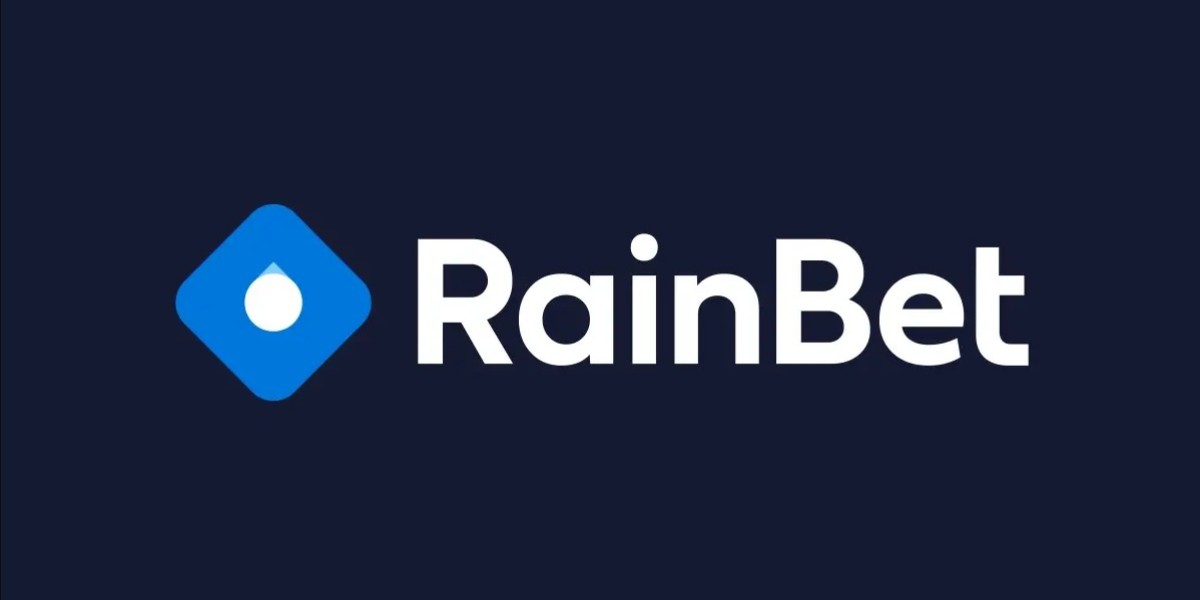Kuwait’s economy is built on vast oil wealth, with petroleum contributing nearly 90% of government income. The country owns about 6% of global oil reserves and is a key OPEC member.
While this dependence has sustained national wealth, it also makes the economy vulnerable to oil price fluctuations. Hence, Kuwait is now looking to diversify and modernize.
Kuwait’s economy is heavily influenced by its vast oil reserves, which make up around 90% of its revenues. Since the discovery of oil in the 1940s, the country has been a significant player in the global energy market. This oil wealth has provided Kuwait with a high standard of living, impressive infrastructure, and one of the world’s highest per capita incomes.
However, Kuwait’s dependence on oil has also made it vulnerable to fluctuations in global oil prices. The 2014 oil price crash, coupled with political challenges, highlighted the risks of over-reliance on a single commodity. As a result, Kuwait has made efforts to implement economic diversification strategies to reduce its dependence on hydrocarbons.
The Kuwait Investment Authority (KIA), which manages the country’s sovereign wealth fund, is a critical tool in ensuring long-term financial stability. The KIA’s investments in global markets help buffer Kuwait against oil price volatility, ensuring a stable source of income even during times of low oil prices.
What is Kuwait Vision 2035, and what does it aim to achieve?
Kuwait Vision 2035, also known as “New Kuwait,” is an ambitious plan to transform the country into a financial and trade hub by developing infrastructure, digitizing services, and fostering a strong private sector.
The strategy includes massive development projects such as the Silk City, a futuristic urban and economic center, and improving logistics, healthcare, and education systems.
What is the state of Kuwait’s financial sector?
Kuwait’s banking sector is one of the most stable in the Gulf, regulated by the Central Bank of Kuwait. The sector is dominated by well-capitalized conventional and Islamic banks that offer diverse financial solutions.
Additionally, the Kuwait Investment Authority (KIA)—one of the oldest sovereign wealth funds globally—plays a key role in managing excess oil revenues and stabilizing the economy.
What are Kuwait’s current economic challenges?
Despite its wealth, Kuwait faces challenges like political gridlock, overdependence on public employment, and slow economic reforms. The parliamentary system often delays legislation, including reforms needed for subsidy restructuring or pension changes.
These internal challenges must be addressed to fully unlock the country’s economic potential and improve fiscal sustainability.
Final Words
If reforms continue and infrastructure projects stay on track, Kuwait can build a more resilient and diversified economy. Global investment interest is growing, especially in logistics, energy, and tourism.
Kuwait’s young population and financial reserves provide a strong foundation, but progress depends on the government’s ability to align policy with long-term strategic goals.






